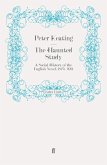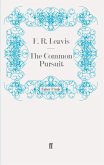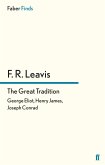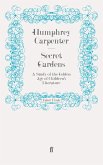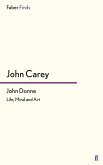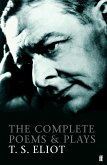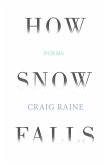What followed was nothing less than the welcoming of a revolution in English verse, set against the moral and social crisis that followed the trauma of the First World War. It was this situation, this feeling of breakdown and disorder, that gave such force to Leavis's dismissal of most late Romantic poetry and his welcoming of the modernists T. S. Eliot and Ezra Pound, and of the writer who Leavis regarded as their forebear, Gerard Manley Hopkins.
The tone of high moral urgency, and the message that the experience of literature could become an engagement with life that was almost a secular equivalent to religion, seemed new and abrasively refreshing. Leavis despised the reigning dilettantism in both poetry and criticism, and in this book he threw down the gauntlet to the establishment as he understood it. In the same year he founded the journal Scrutiny, and began his long career as the most formidably serious literary critic of his time.
Dieser Download kann aus rechtlichen Gründen nur mit Rechnungsadresse in A, B, BG, CY, CZ, D, DK, EW, E, FIN, F, GR, H, IRL, I, LT, L, LR, M, NL, PL, P, R, S, SLO, SK ausgeliefert werden.
Hinweis: Dieser Artikel kann nur an eine deutsche Lieferadresse ausgeliefert werden.



